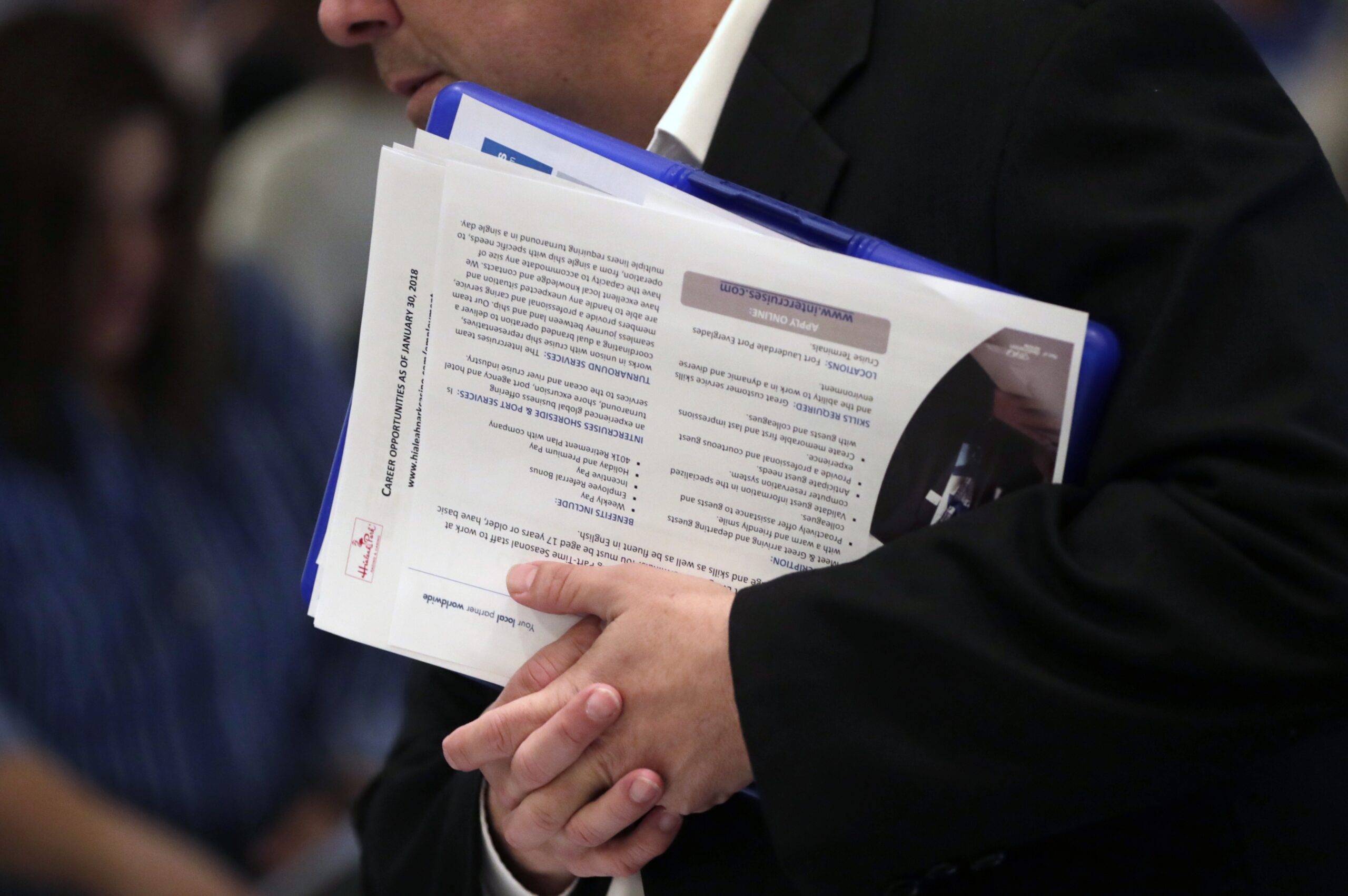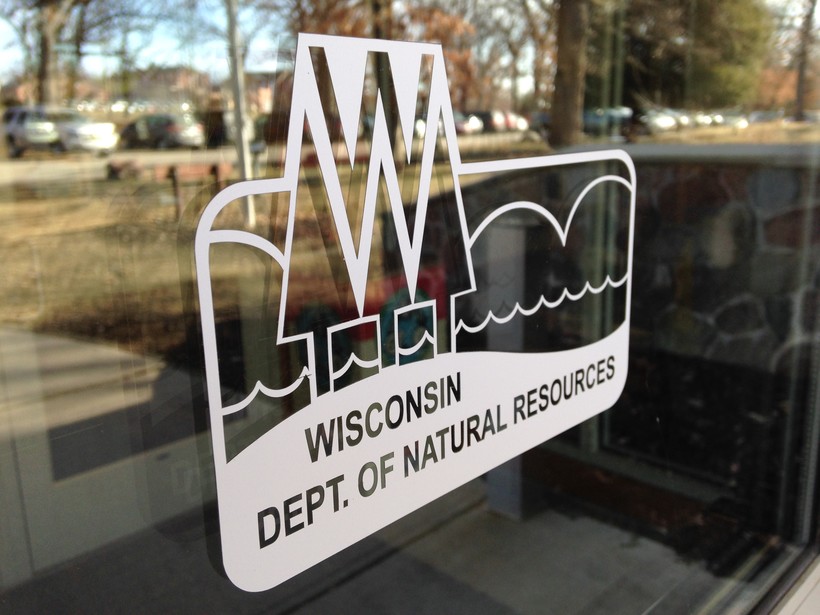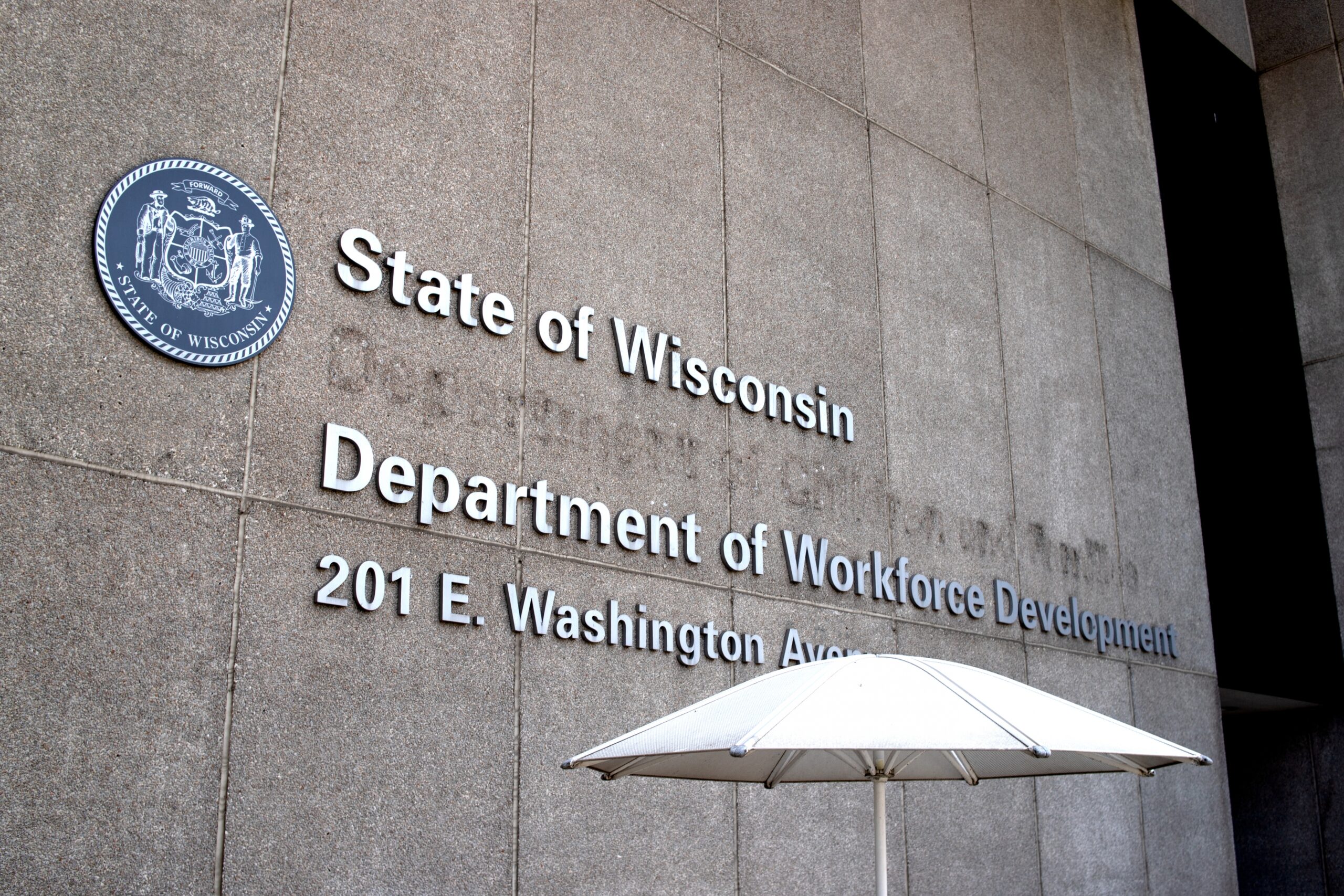A growing number of positions in state government are funded entirely with federal money, according to a new report from a free-market think tank.
The study from the Milwaukee-based Badger Institute found more than 5,000 full-time positions in state government, not including the University of Wisconsin System, were funded entirely with federal money.
That’s up from over 4,000 positions 18 years ago.
News with a little more humanity
WPR’s “Wisconsin Today” newsletter keeps you connected to the state you love without feeling overwhelmed. No paywall. No agenda. No corporate filter.
Badger Institute President Mike Nichols said many of these employees work in education, health or other public service areas. But, he said, grants often come with strings attached, and nearly a third of the money is sometimes used simply for administration and compliance.
“When (officials are) out there bragging about bringing home this federal money, we should really look at it and question whether that’s really what the people back here, regardless of political affiliation, really want, and whether that money’s really being spent the right way,” Nichols said.
The report found the number of federally funded positions varies widely between state departments.
At 73 percent, the state Department of Workforce Development had the highest percentage of employees funded with federal money, while funding for the state Department of Public Instruction stood at 49 percent, and 19 percent at the state Department of Natural Resources.
In a statement, George Althoff, a spokesman for the DWD, said, “Many workforce programs in all states, not just Wisconsin, are funded with federal dollars. By having state agencies such as DWD administer these programs, we can ensure that specific needs of Wisconsin’s workforce are prioritized.”
Wisconsin Public Radio, © Copyright 2025, Board of Regents of the University of Wisconsin System and Wisconsin Educational Communications Board.





